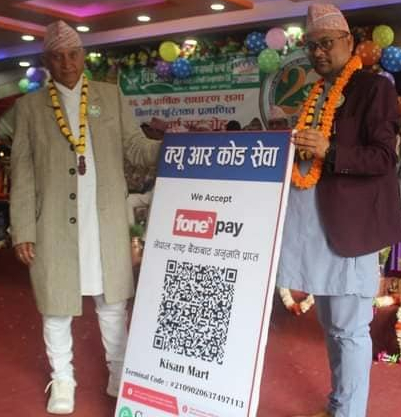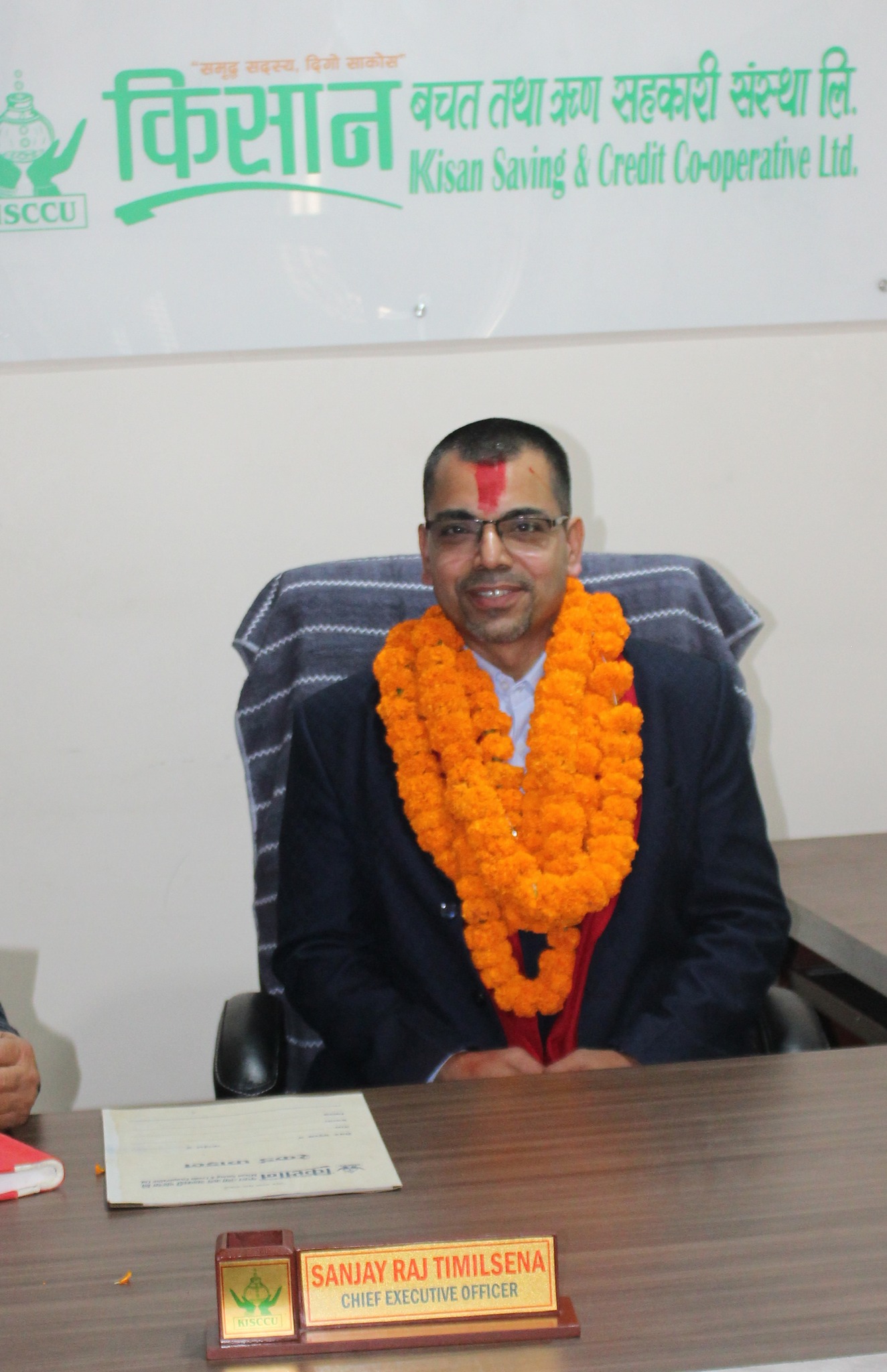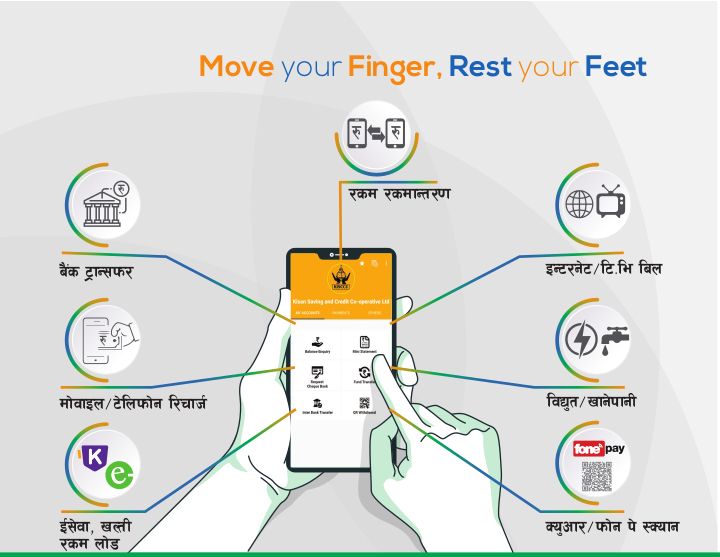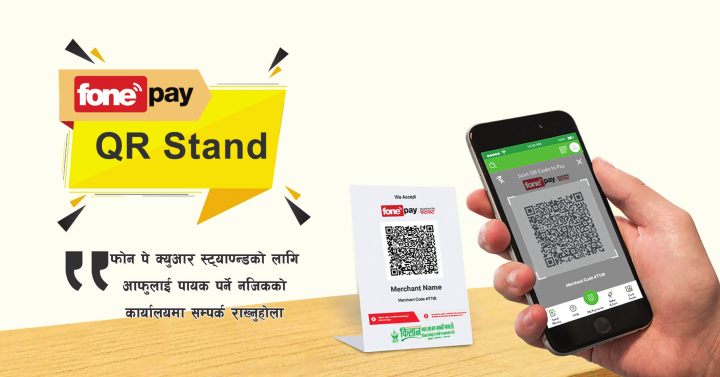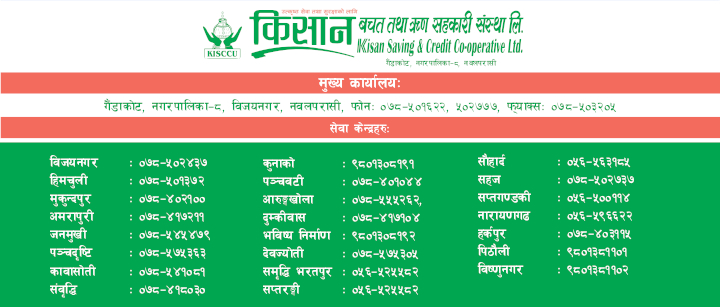किसान साकोस - गरुणदृष्टीबाट हेर्दा
Kisan Saccos Bird Eye View
Meetup of 25 people held on 2052 Ashad 15, motivated themselves for having regular saving from their income and use accumulated capital to provide loan in easy, simpler and reasonable interest rates for productive and daily needs, which will improve member's socio-economical status.
Kisan Saving and Credit Cooperative Limited was registered in D.C.O. Nawalparasi with registration number 41/52/53 and head-office located at opposite of Gaindakot municipal office, ward 8, Gaindakot Municipality, Nawalpur, Gandaki, Nepal.
३ प्रदेश
गण्डकी, बागमती र लुम्बिनी
Province
४ जिल्ला
नवलपुर, नवलपरासी सु.प., चितवन र तनहुँ
Districts
24
सेवाकेन्द्र
Service Center
26
सेवा काउण्टर
Service Counter
93372+
शेयर सदस्यज्यूहरु
Share Member
 थप जानकारी | LEARN MORE
थप जानकारी | LEARN MORE







